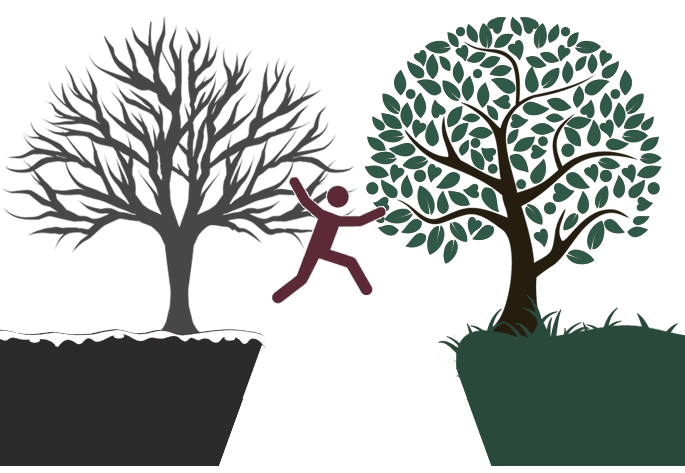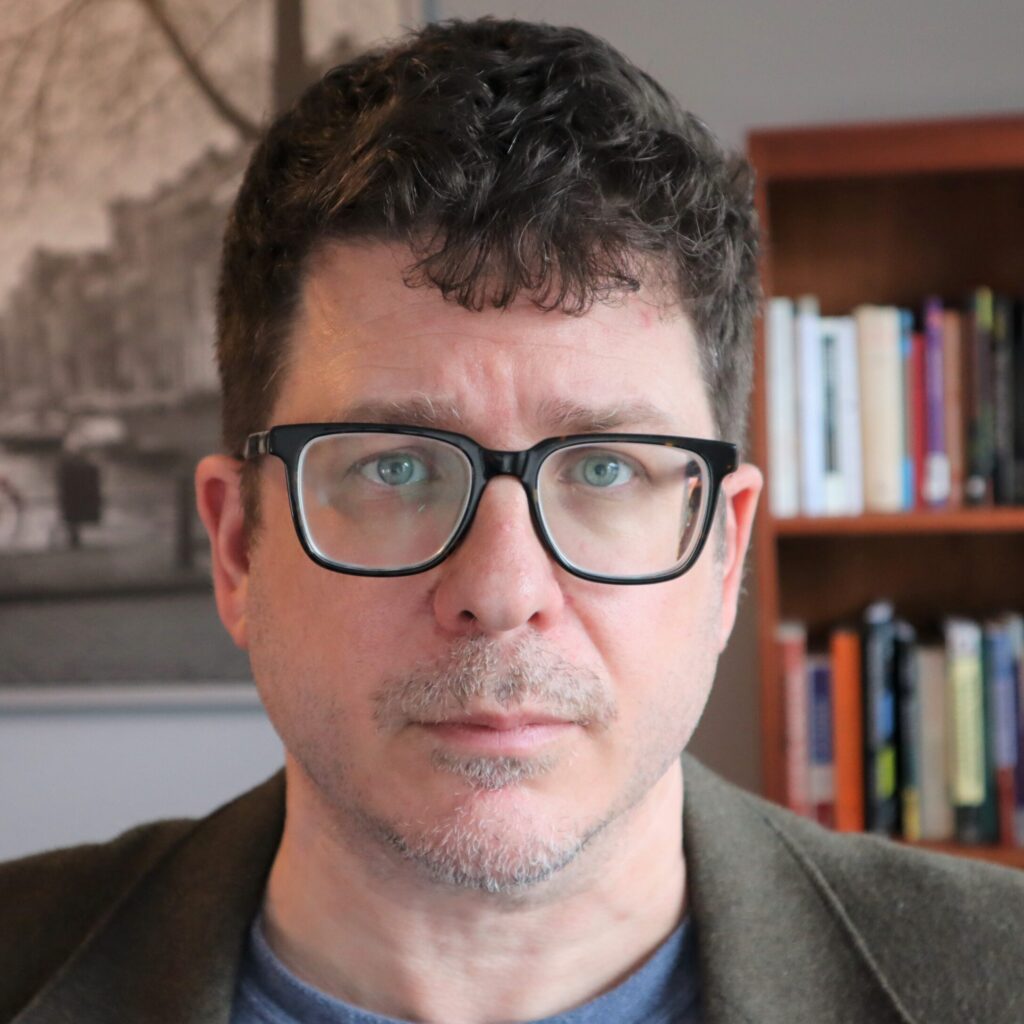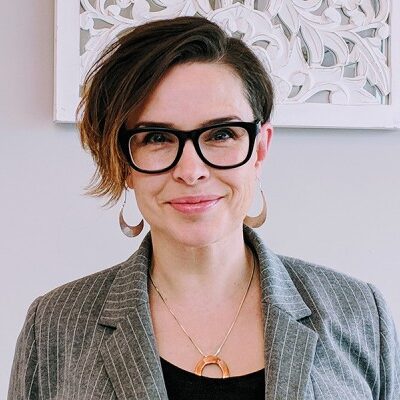
Jump Start your spring course design! Join us and a slate of special guest presenters–national known experts in instructional design and online education– during the week of November 30-December 4. Every day, we will tackle a new topic related to preparing for your spring teaching, with morning presentations and afternoon drop-in hours and consultations. Folks from USNH Teaching & Learning Technologies will be offering some complementary programs on M & W afternoons as well. Attend everything or just what looks helpful to you. Get ahead now so you can really spend time relaxing and decompressing as your break unfolds.
Registration is open to any faculty or staff member at Plymouth State University, Keene State College, Granite State College, or the University of New Hampshire.
Register for Jump Start
Oops! We could not locate your form.




Monday: Instructional Design
November 30
Hang out for a few extra minutes to talk about the presentation and your emerging design ideas for spring.
Martha, Robin, and Jason are available for drop-in help as you work to design your spring courses.
Tuesday: Assignment Design
December 1
Hang out for a few extra minutes to talk about the presentation and your emerging design ideas for spring.
Martha and Robin are available for drop-in help as you work to design your spring courses.
Wednesday: Making Explanatory Videos
December 2
Sometimes it’s the simple things that can make a big difference. The CoLab will introduce you to a few templates for planning out resources, activities, and tech preparation for individual class sessions. Use our shared resources to create your own template for your spring courses.
Hang out for a few extra minutes to talk about the presentation and your emerging design ideas for spring.
Martha, Robin, and Jason are available for drop-in help as you work to design your spring courses.
Thursday: Building Community
December 3
Hang out for a few extra minutes to talk about the presentation and your emerging design ideas for spring.
Martha and Robin are available for drop-in help as you work to design your spring courses.
Friday: Assessment Design
December 4
Hang out for a few extra minutes to talk about the presentation and your emerging design ideas for spring.
Martha and Robin are available for drop-in help as you work to design your spring courses.
About the Presenters
As a change leader, an educational researcher and learning community advocate Cormier has spent the last twenty years trying to make education better. He has led teams in k12, college and university environments, and has published on open education, Rhizomatic Learning, MOOCs (Massive/Open Online Courses), and the impact of technology on the future of higher education. He is currently the learning specialist for digital learning strategy and special projects at the University of Windsor.
Jordan Noyes is an Instructional Designer at Muhlenberg by day and an AP Art History instructor at VLACS in between. Trained in art history and computational media studies, she has worked in K-12, higher ed, and adult learning environments focusing on digital tools, accessibility, and educational neuroscience.
Mike Caulfield is currently the director of blended and networked learning at Washington State University Vancouver. He has worked in educational technology since 1997. He has been involved in the production of educational multimedia since his award-winning work for Columbia Online in the early 2000s. More recent projects include the Infodemic blog, a site cited as a media literacy resource of note by the New York Times, Washington Post, and MIT Technology review, and the popular series of Blended Content Studio course videos, originally developed for WSU faculty but released as CC BY.
Bonnie Stewart is an educator and social media researcher interested in what digital networks mean for institutions and society. Assistant Professor of Online Pedagogy and Workplace Learning in the University of Windsor Faculty of Education, Canada, Bonnie was an early MOOC researcher and ethnographer of Twitter. Bonnie’s current research interests include the data literacies of educators, and what it means to know, to learn, and to be a citizen in our current information ecosystem.
jump by Gilbert Bages, Tree by ani rofiqah, winter tree by Jhonatan, from the Noun Project
